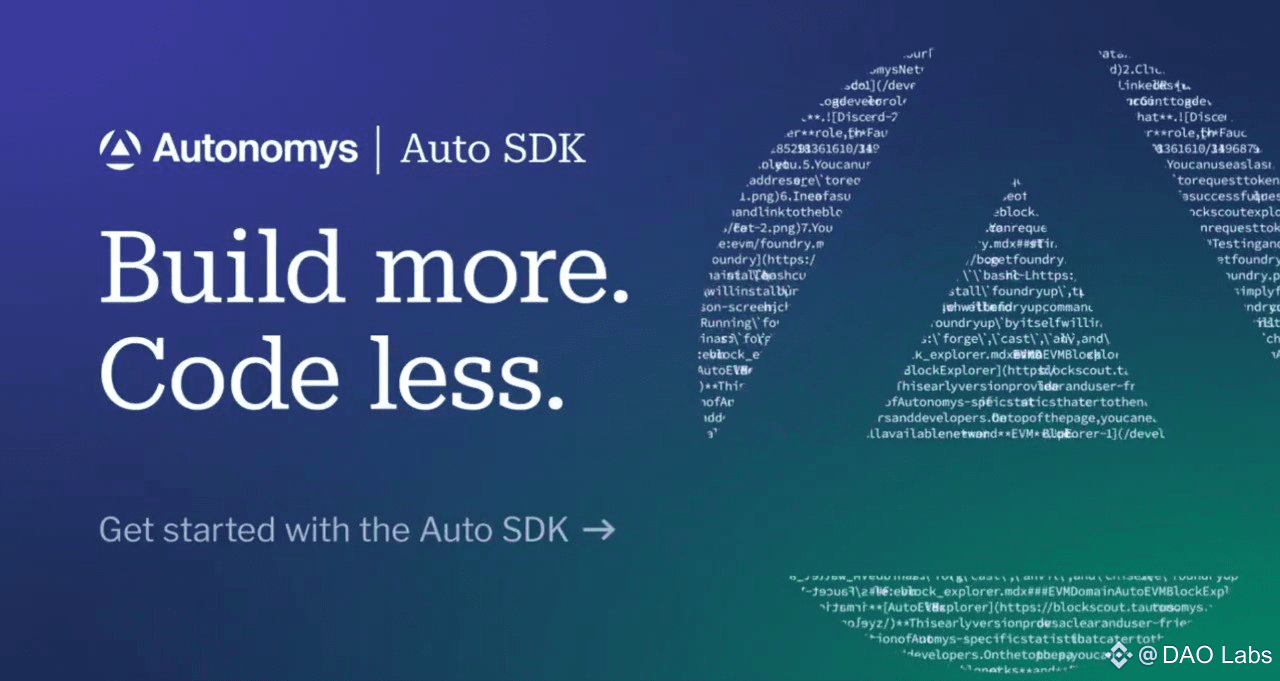
In developer-centric #SocialMining chat sessions, AI3 and #AutonomysNetwork tend to pop up as the discussion concerns adoption of AI3.0 infrastructure. It is clear that one of the overriding themes is the bottleneck between conceptual design and the deployment into a functioning environment- something that has been presented as a challenge to modular toolkits. An example is the Auto SDK, which includes preconstructed APIs to storage, consensus and cross-domain messaging, and compute and the ability to transfer #AI3 payments are future possibilities.
They view SDKs not as a sort of hack but as frameworks that would allow them to make more intentional design decisions. Managing low-level protocols, an SDK enables constructors to funnel resources into special purpose problem solving, such as coordination of decentralized AI actors or inclusion of blockchain governance as machine learning frameworks.
Another benefit through modular architecture is flexibility in choosing to support certain components; developers may just use the sections they need without necessarily looking at the possibility to connect to other systems. This is vital in the planned heterogeneous domain of AI3.0 where storage can be decentralized by a provider, consensus by another and compute by another tier.
As developers working on teams spanning across the globe and community leads with diverse backgrounds feed in their knowledge onto it, the transformation is not only technological but also, cultural, where AI3.0 development becomes a cross-border, collaborative exercise. The big question up ahead is what role these toolkits will play in determining the nature of innovation distribution within decentralized AI.
